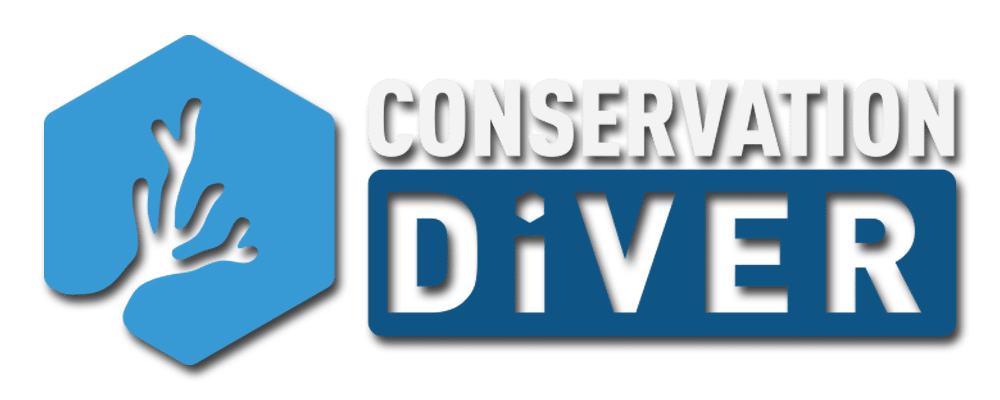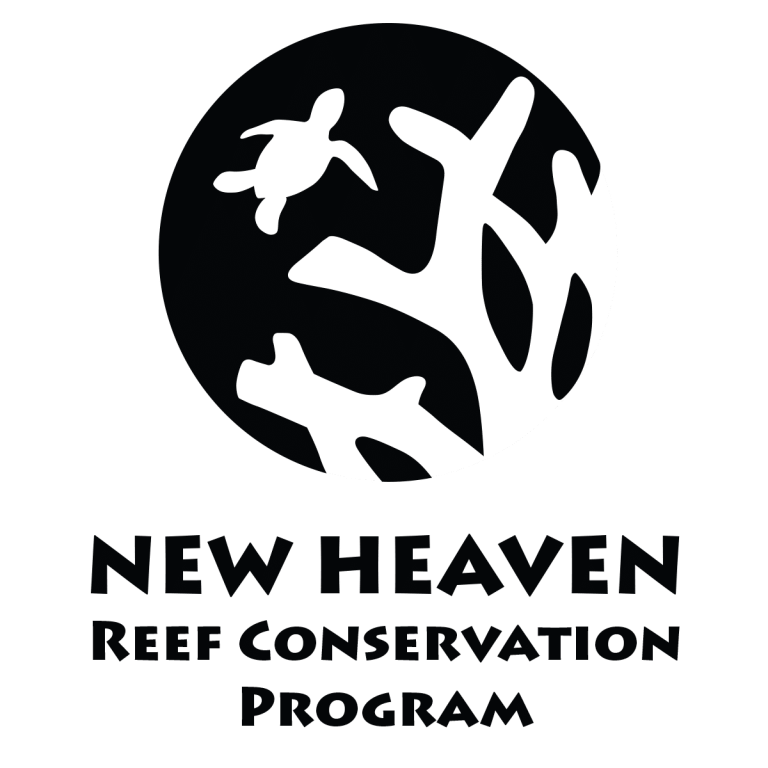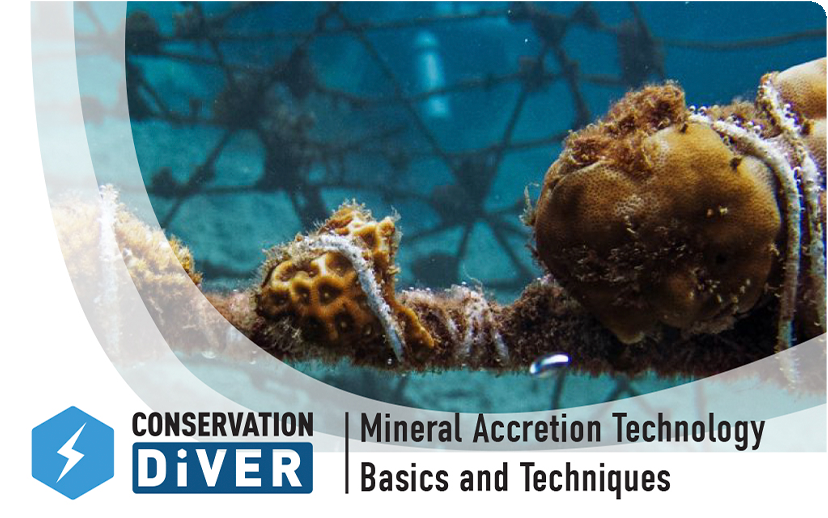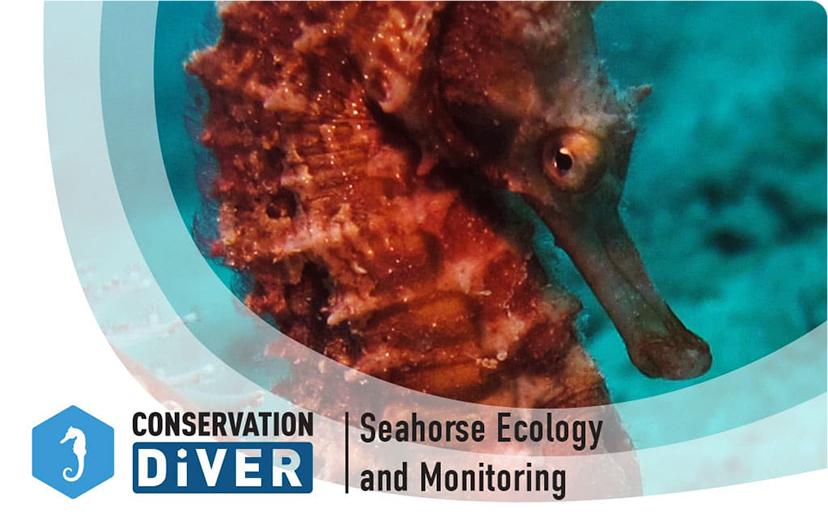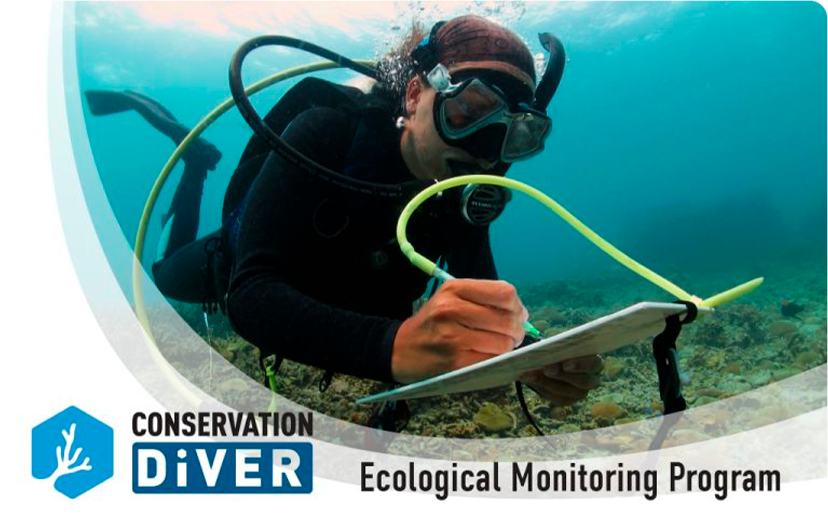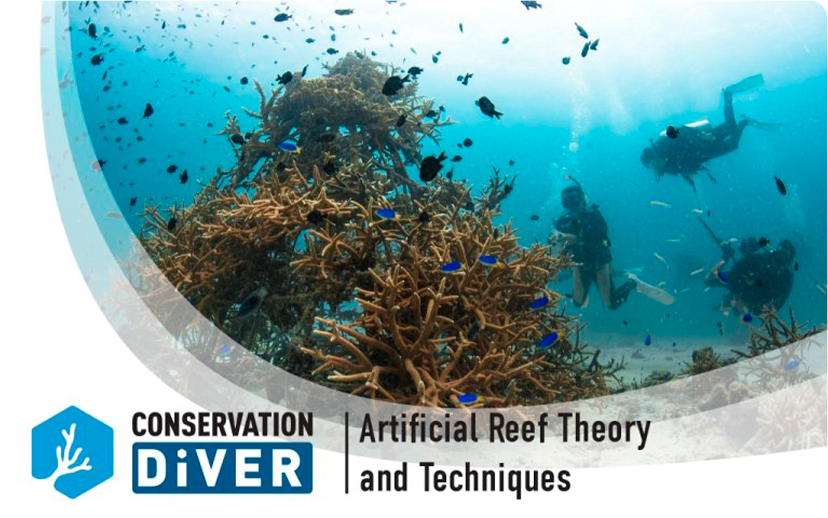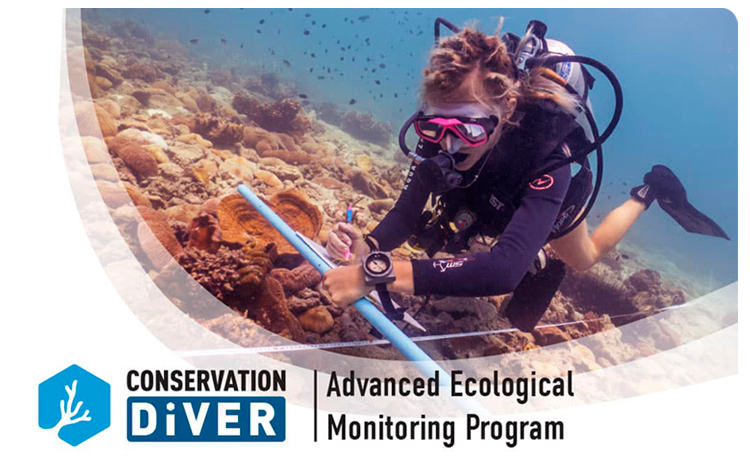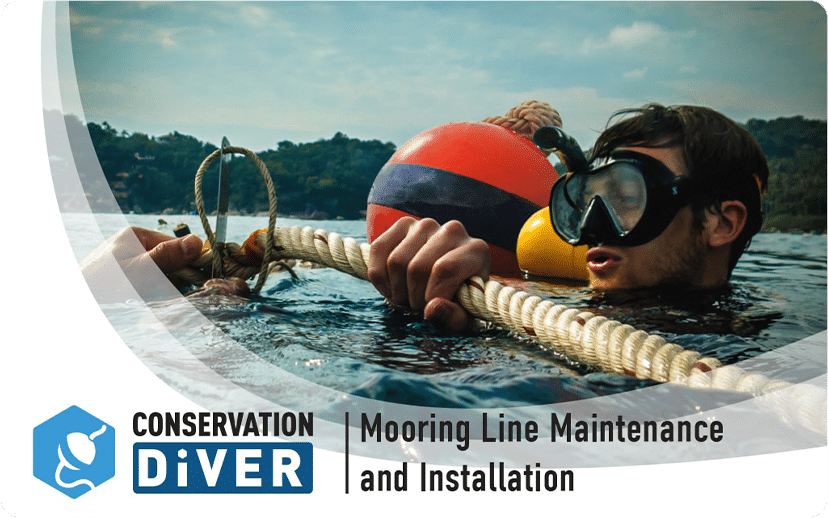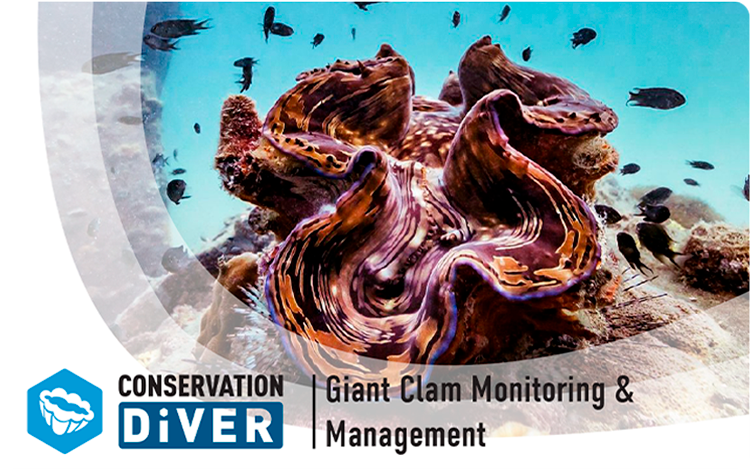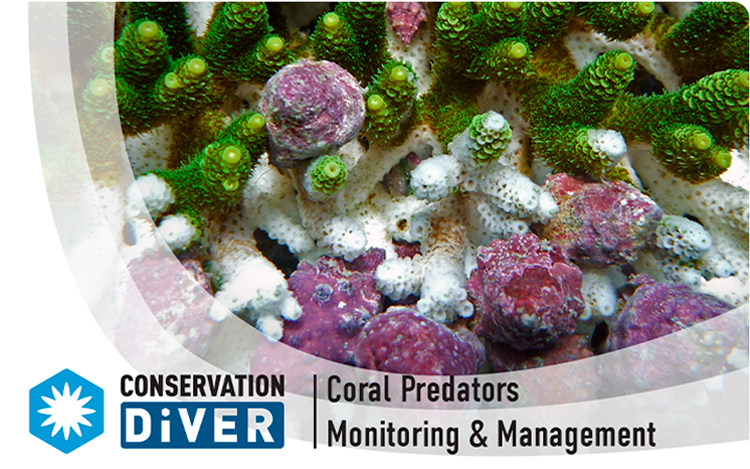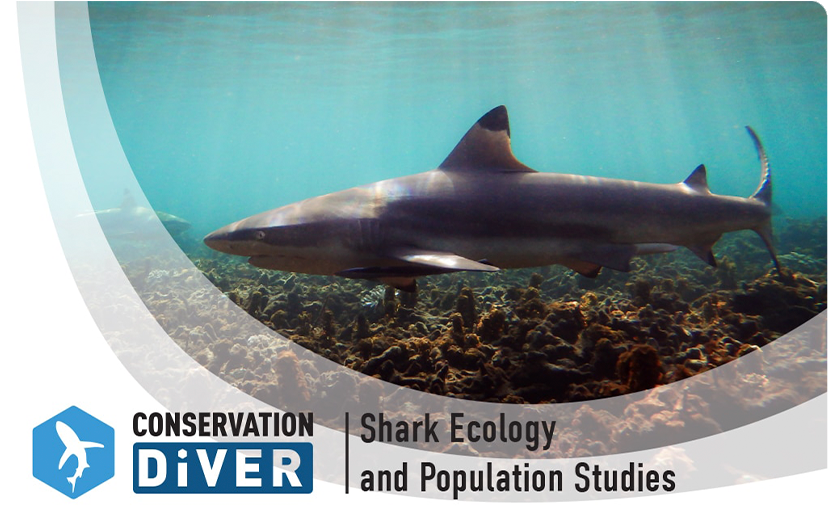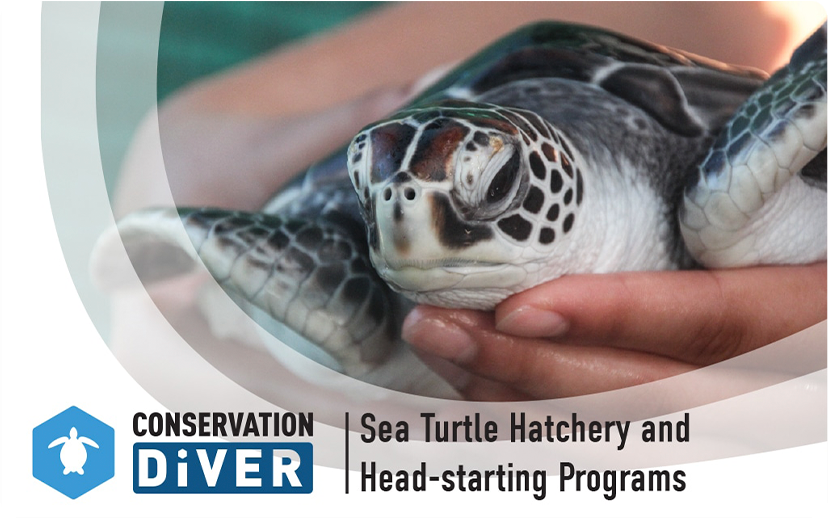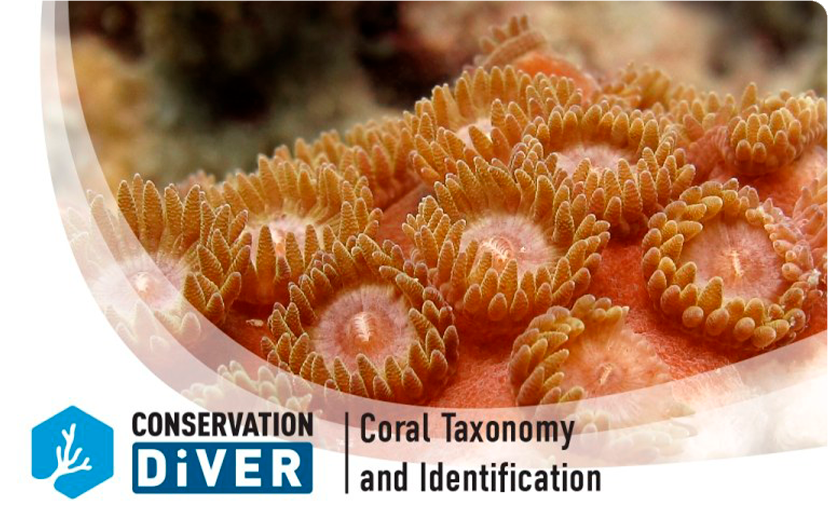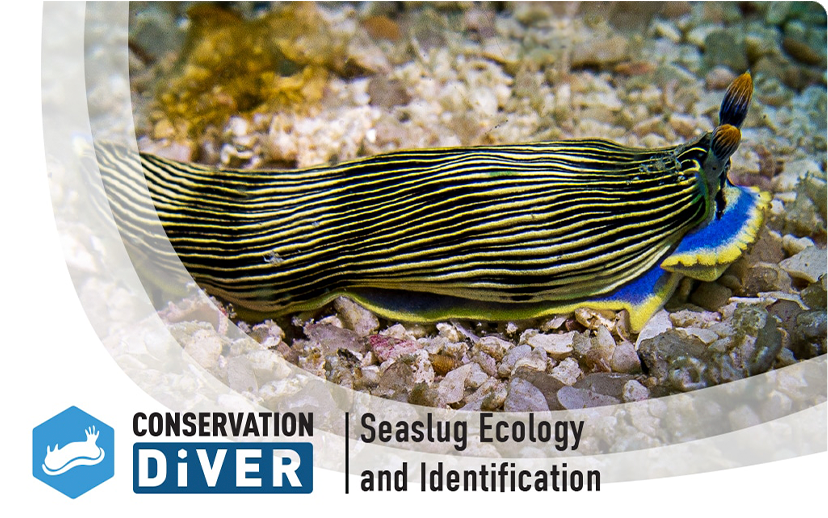THAILAND
New Heaven Reef Conservation Program
The New Heaven Reef Conservation Program (NHRCP) has grown to become one of the highest quality and most respected marine conservation programs in Thailand, and the world. Started in 2007, the program has become the leader in marine resource management for the island of Koh Tao, and a hub of hands-on scientific training in research, restoration, and protection of coral reefs. The program offers all available Conservation Diver Courses, plus works along side the Thailand Department of Marine and Coastal Resources and the Thai Department of Fisheries. No matter your diving level, you can go and get involved in their activities, they even have a sea turtle nursery for non-divers to enjoy. With over 1,500 students trained, you can guarantee you will get the best of what marine conservation is all about.
Our mission at the New Heaven Reef Conservation Program has been to preserve, protect and restore the beautiful coral reef ecosystems around the island of Koh Tao, raising awareness and educating both tourists and locals about marine conservation and the plight of our planet’s most biodiverse and fragile spaces. As the marine conservation leader in Thailand, we also hope to transfer our knowledge and experience to the next generation of conservation divers.
Training Center Offering
Our Courses
Week 1 – Ecological monitoring surveys
The first week of the course is spent learning about the ecosystem, and learning how to monitor the reef and understand its unique interactions and workings through our Ecological Monitoring Program. You will learn about everything from invertebrates through to the compromised health states of corals and even learn how to identify 23 different genera of corals.
Lectures include:
- Identification and assessment of Reef Invertebrates
- Identification and assessment of Reef Fish
- Identification and assessment of Reef Substrate s
- Coral Taxonomy and Identification
- Coral Disease/Compromised Health Surveys
One week course includes: 2 Conservation Diver Certifications
Week 2- Restoration Week
In week 2 you will learn about coral restoration, artificial reefs and the considerations for building and installing them, mineral accretion devices and how an electric current is doing great things for corals, a chance to practice the survey techniques from the first week and an opportunity to do some hands on design and build work
Lectures include:
- Coral Nursery Theory and Techniques
- Artificial Reef Theory and Techniques
- Mineral Accretion Devices Basics and Techniques
- Interactive Coral Taxonomy
- Giant Clam Nurseries and Population Studies
Two week course includes: 3 Conservation Diver Certifications & Ecological Program Monitoring Manual
Week 3 – Marine life Week
You will learn about different marine species and how they are important to the marine ecosystems, as well as learn about coral predators and the work we do to remove them from our oceans. You will round off the week with advanced coral taxonomy.
Lectures include:
- Coral Predator Population Monitoring and Management
- Shark Ecology and Population Studies
- Sea Turtle Ecology and Identification
- Seahorse Ecology and Monitoring
- Advanced Coral Taxonomy
Three week course includes: 4 additional Conservation Diver Certifications + the Ecological Monitoring Program Manual + our photosurvey card
Week 4 – Advanced Week
You will learn more in depth surveys techniques, learn how to set up and maintain mooring lines, and round off the course learning about some more marine species.
Lectures include:
- Advanced EMP
- Mooring Line Maintenance and Installation
- Plastics and Marine Debris
- Sea Slug Ecology and Identification
- Cephalopod Ecology
Four week course includes: 4 Conservation Diver Certifications
Internships
Ranging from 8-12 weeks, our internships cover everything from the 4 week course as well as allowing the intern to gain more experience with survey techniques and data collection. This course also provides an opportunity to work on projects and work as an assistant instructor. This option is great for anyone wishing to work on dissertation or thesis work.
12 weeks not enough? No problem there is also the option to extend once you have completed the first 4 weeks of the course and we are happy with your performance.
Internships include: Tshirt, Ecological Monitoring Program Manual, wristband, Conservation Diver Crew Pack
